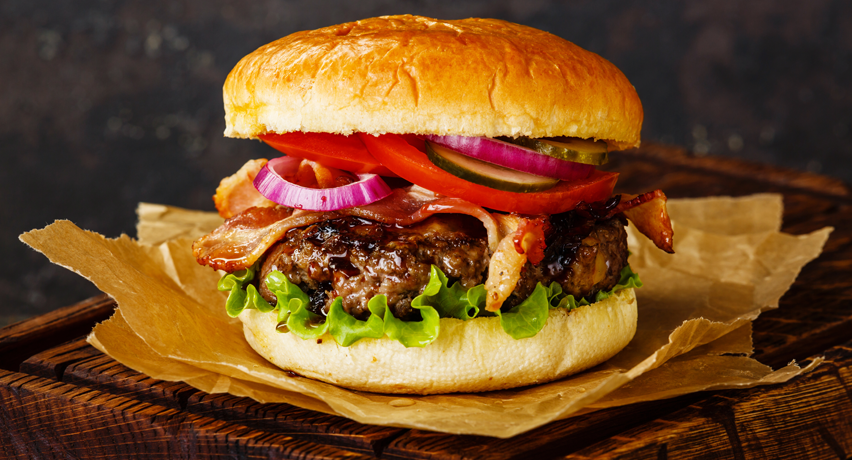annual Adjective for something that happens every year.
calorie The amount of energy needed to raise the temperature of 1 gram of water by 1 degree Celsius. It is typically used as a measurement of the energy contained in some defined amount of food.
cognitive A term that relates to mental activities, such as thinking, learning, remembering and solving puzzles.
cortex The outermost layer of neural tissue of the brain.
data Facts and/or statistics collected together for analysis but not necessarily organized in a way that gives them meaning. For digital information (the type stored by computers), those data typically are numbers stored in a binary code, portrayed as strings of zeros and ones.
link A connection between two people or things.
mean One of several measures of the “average size” of a data set. Most commonly used is the arithmetic mean, obtained by adding the data and dividing by the number of data points.
fMRI A special type of medical scanning technology for studying brain activity. It uses a strong magnetic field to monitor blood flow in the brain as an individual is performing some task (from reading or viewing pictures to thinking about various spoken words). Tracking areas of elevated blood flow can tell researchers which brain regions are especially active during those activities.
neuroscience The field of science that deals with the structure or function of the brain and other parts of the nervous system. Researchers in this field are known as neuroscientists.
nutrition (adj. nutritious) The healthful components (nutrients) in the diet — such as proteins, fats, vitamins and minerals — that the body uses to grow and to fuel its processes. A scientist who works in this field is known as a nutritionist.
orbitofrontal cortex A region of the brain located just behind your eye sockets. It’s part of the cortex — the area of the brain that is involved in planning and decision making. The orbitofrontal cortex plays a role in emotions, in controlling your impulses and in decisions driven by the positive feelings that come from a reward of some kind. This brain area may also affect how we experience emotions, such as becoming anxious when preparing to take a risk.
peer (noun) Someone who is an equal, based on age, education, status, training or some other features. (verb) To look into something, searching for details.
piriform cortex A region of the brain located a few inches behind your nose. It’s actually made of up parts of several brain areas, including sections of the amygdala (important in emotion) and the parahippocampal gyrus (an area that surrounds the hippocampus and plays a role in memory). The piriform cortex plays an important role in how the brain processes smells. In some people with epilepsy, problems in this area of the brain can trigger seizures.
point (in mathematics) A precise point in space that is so small that it has no size. It merely has an address.
preliminary An early step or stage that precedes something more important.








